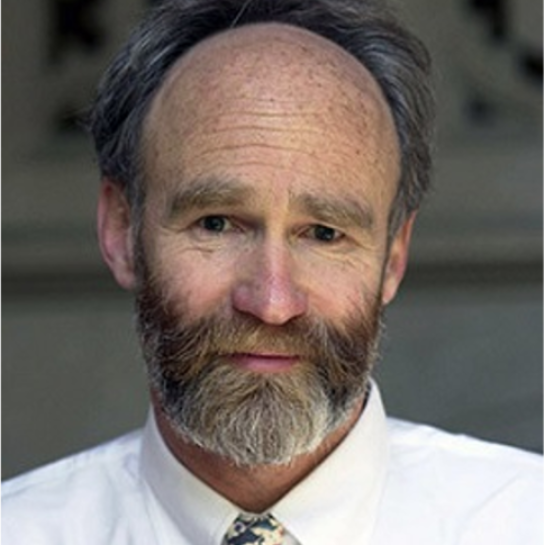Prof. Ronald Smith's Research Interests: Atmospheric Physics and Dynamics, Mountain Meteorology, Applied Mathematics, Remote Sensing, Regional Climates His Current projects include: orographic precipitation in the tropics, gravity waves in the stratosphere, satellite analysis of surface climate feedbacks, stable isotope gradients across mountain ranges, mathematical models of dispersion.
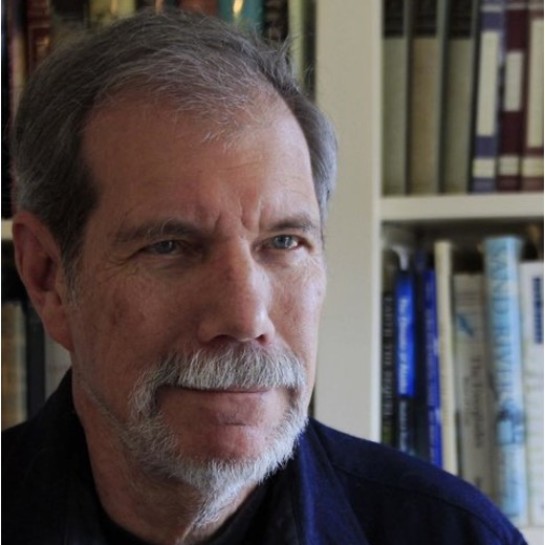
Prof. Ronald Smith's Research Interests: Atmospheric Physics and Dynamics, Mountain Meteorology, Applied Mathematics, Remote Sensing, Regional Climates His Current projects include: orographic precipitation in the tropics, gravity waves in the stratosphere, satellite analysis of surface climate feedbacks, stable isotope gradients across mountain ranges, mathematical models of dispersion.

Prof. Rob Dubrow's Research Interests: Adverse health effects of heat and air pollution, with a particular focus on effects of these factors on kidney disease risk. The benefits and harms of air conditioning, in climate change and health in the Caribbean, and in health equity issues as they relate to climate change. His previous research focused on cancer, HIV, and their intersection.
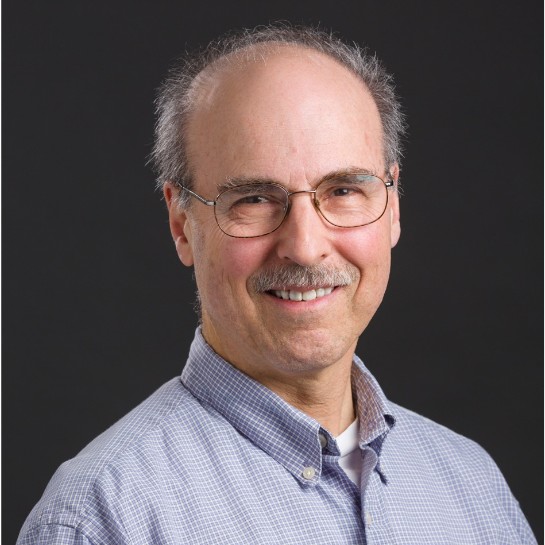
Prof. Douglas Kysar's Research Interests: Torts, animal law, environmental law, climate change, products liability, and risk regulation.
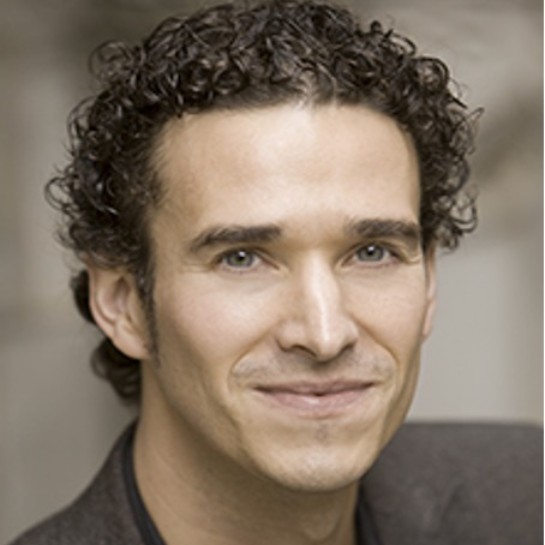
Dr. Zhang has been involved in establishing China’s Carbon Trading System since 2013. He helped found the China program of Environmental Defense Fund (EDF), a leading US environmental NGO, since 1999. Dr. Zhang serves on many advisory boards, including Chinese Research Academy of Environmental Sciences (CRAES) and is a special advisor for China Council for International Cooperation on Environment and Development (CCICED).
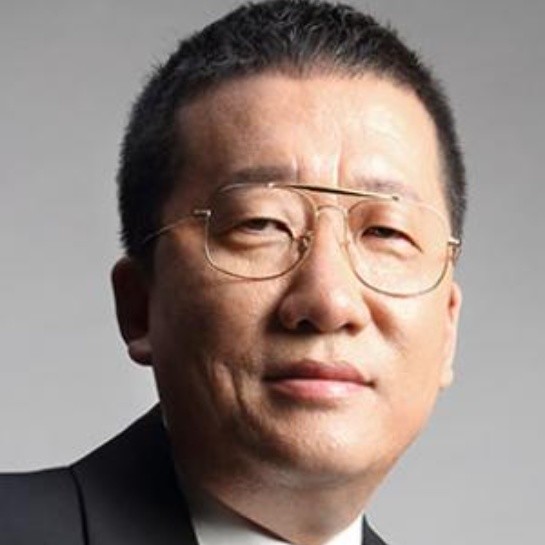
Prof. Dan Prober's Research Interests: Experimental solid state physics and superconductivity; coherent quantum transport and noise studies; superconducting quantum detectors: microwave UV and x-ray detectors; nanostructure fabrication techniques.
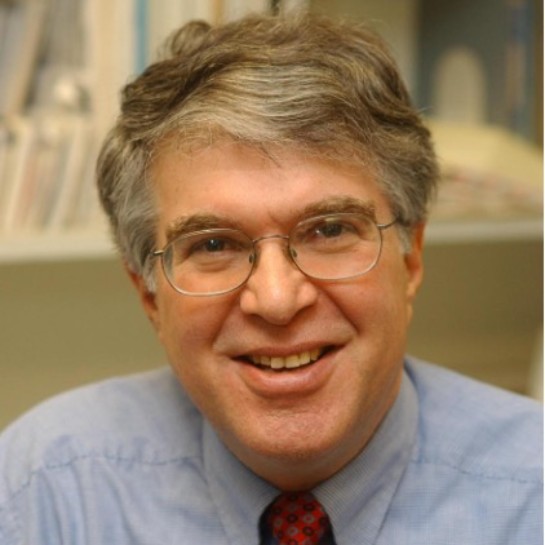
Prof. Dan Prober's Research Interests: Experimental solid state physics and superconductivity; coherent quantum transport and noise studies; superconducting quantum detectors: microwave UV and x-ray detectors; nanostructure fabrication techniques.

The increasing concerns about environmental pollutions, climate change, and resource challenges drive the development of sustainable solutions that can meet societal needs without compromising the environment or depleting the resources for future generations. Given many technological, behavioral, and policy options, it is challenging to determine which option best serves humanity and the environment. Life cycle assessment offers a systems approach to support these decisions. This talk will discuss life cycle thinking and give examples of how integrated life-cycle systems analyses can enhance engineering, process, supply chain, and policy design for a low-carbon future.
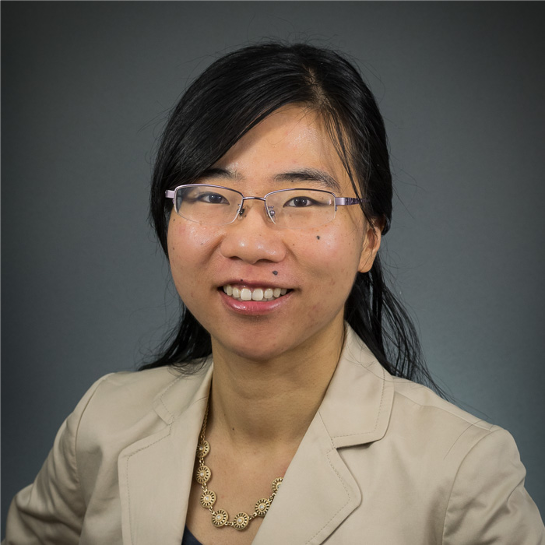
Professor Oristaglio is the co-founder and inaugural director of the Energy Studies Multidisciplinary Academic Program at Yale and a research scientist and lecturer in the fields of energy geoscience and geophysical remote sensing. He also works as a manager for the Society of Exploration Geophysicists on projects designed to advance the science of applied seismology for public benefit. Before coming to Yale in 2009, He spent 25+ years as a scientist and research manager in the geophysical services industry with Schlumberger.
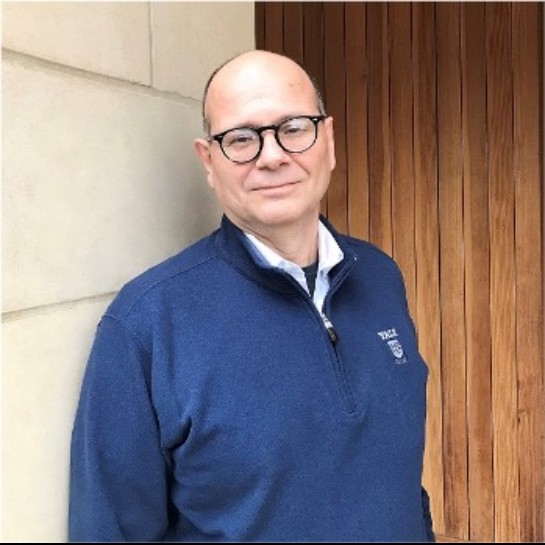
Lihong Shi was a reporter for China Daily and the Liaison Director of the World Wildlife Fund (WWF) China Program. In addition to "Wild China" studio, she also founded the non-governmental environmental protection organization "Green Plateau". Zhinong Xihas worked in Kunming Education TV, CCTV "Animal World", "Oriental Horizon" and other media. In the early 2000s, Zhinong and his wife founded "Wild China" studio with a mission to “use the power of images to protect nature.” In 2016, Xi established the Changshan Nature Center in Dali, a center in Yunnan devoted to educating visitors about the biodiversity and the natural world around them.
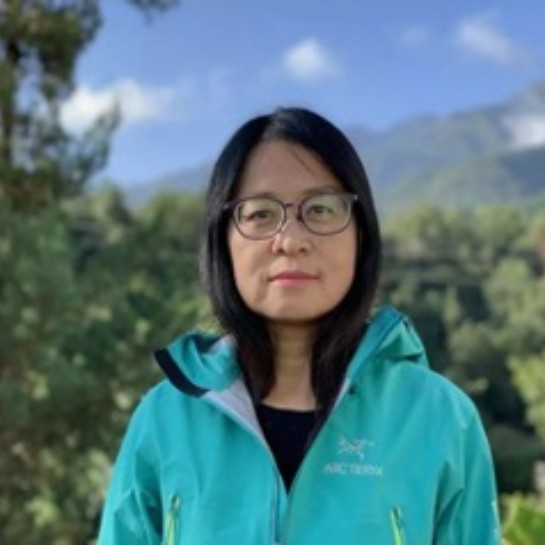
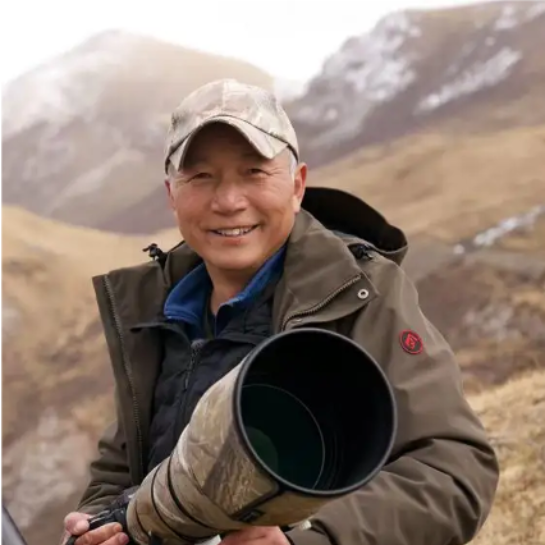
Prof. Wai Chee Dimock's Research Interests: Public health, climate change, indigenous communities, and the symbiotic relation between humans and nonhumans. While artificial intelligence hasn't played a big role so far tackling the climate crisis, this talk argues that it could and should. Bringing together exciting new projects from NASA, Microsoft, Google, Indigenous communities, nonprofits, as well as young researchers, this talk tries to translate complex science into ordinary language. It showcases what AI can do to make climate data tangible and meaningful to the public, and help streamline flood response and protect biodiversity.
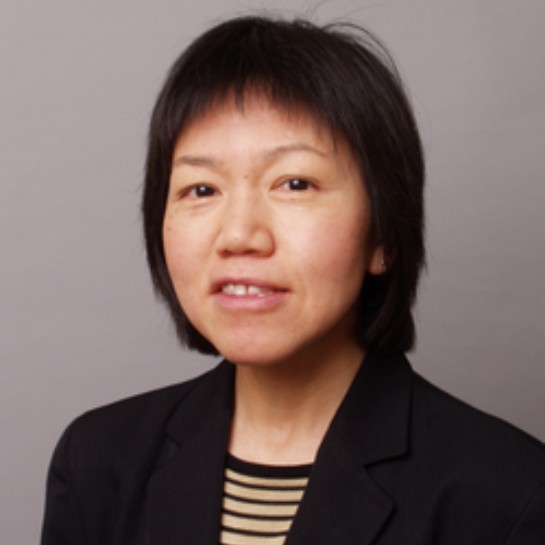
Prof. Wai Chee Dimock's Research Interests: Public health, climate change, indigenous communities, and the symbiotic relation between humans and nonhumans. Climate change can be looked at through many different lenses: by way of actual mitigation and adaptation projects, or by way of the literary imagination. This talk brings together two genres of writing: science journalism and literary criticism. We'll discuss a collaboration between NASA and the Navajo Nation, resulting in a Drought Severity Evaluation Tool, as well as three novels exploring environmental justice, attending to the craft of writing as well as the ethical questions posed by climate catastrophes.

After discussing the basics of persuasive writing, editing and reviewing, and writing about science, we will practice to put everything together and discuss writing about climate change from a seasoned writer. We will discuss what pitfalls to avoid, what particular strategies work, and how can you make your piece more impactful.
